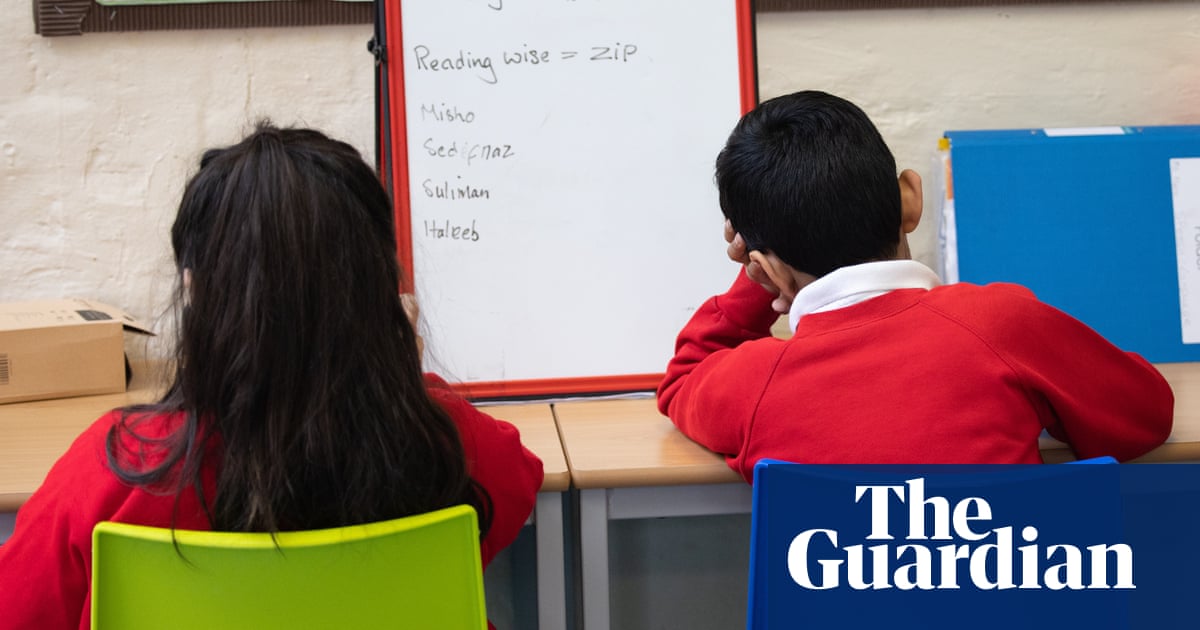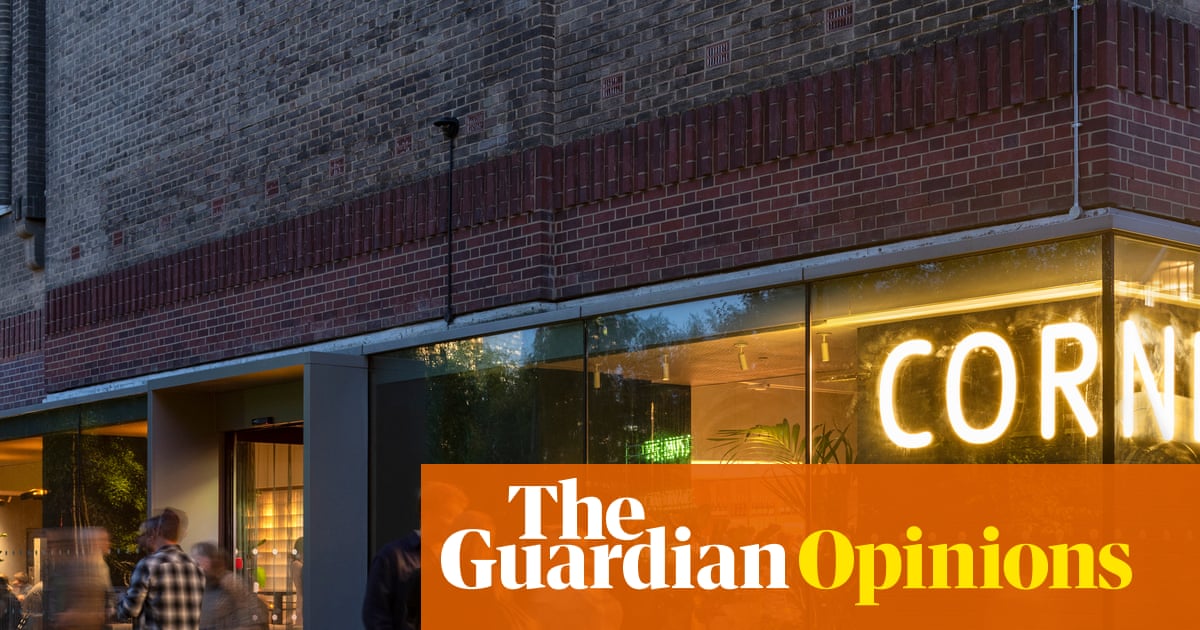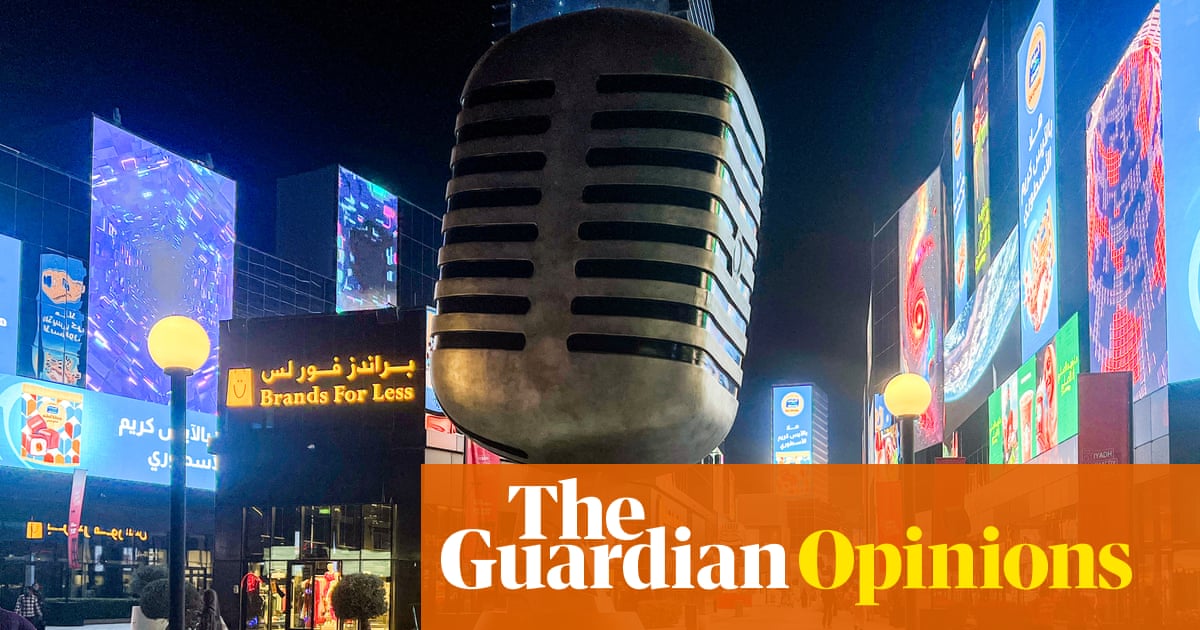Satisfaction with democracy is below 50% in eight out of nine western countries surveyed in a poll, and majorities in all but one fear for its future, with fake news, lack of political accountability, extremism and corruption seen as the biggest threats.
An Ipsos survey of almost 10,000 people in Croatia, France, Italy, the Netherlands, Poland, Spain, Sweden, the UK and the US found satisfaction with democracy low in all except Sweden, with deep concerns about the future state of electoral politics.
Gideon Skinner, senior director of UK politics at Ipsos, said: “Despite strong support for democratic ideals across many countries, the public are clearly disappointed with how democracy is working in practice and worried about its future.”
Skinner said the Ipsos State of Democracy survey showed that concern about democracy was growing fast in some countries, particularly the Netherlands and France, and that there was a strong desire for “radical change” in almost all.
Fewer than a third of respondents in six countries – 18% in Croatia, 19% in France (19%), 20% in the US, 26% in the UK, 27% in Spain and 29% in Italy – said they felt satisfied with how democracy was working in their country.
Opinions were divided in the Netherlands (36% satisfied, 37% dissatisfied) and Poland (40% satisfied, 31% dissatisfied), and Sweden was the only country in the survey where a majority were satisfied with how democracy is working (65%).
Across the nine countries, more people said democracy had got worse rather than had better in the past five years, with views in France and the Netherlands – whose governments collapsed during the year – particularly negative, and Poland the only exception.
Overwhelmingly in France (81%) and in the Netherlands (76%) respondents felt the way democracy was working had deteriorated, but clear majorities in the US (61%), Spain and the UK (58% each) also shared that same view. In Poland, 42% felt it had got better and 30% worse.
Looking to the future, large majorities in all countries bar Sweden were worried about the state of democracy in five years’ time: 86% in France, 80% in Spain, 75% in the UK and Poland, 74% in the Netherlands, 73% in Croatia, 69% in the US and 64% in Italy.
Few people felt governments at any level represented their views well, although local government did better. In none of the nine countries did a majority feel that their national government represented their views “a great deal” or “fair amount”.
Nonetheless, there was strong support for democracy across most countries, with clear majorities saying it was crucial to society and worth defending. Croatia was the only country to feel that it should be contingent on it delivering a good quality of life.
Fake news, lack of accountability, extremism and corruption were seen as the main threats, with disinformation seen as the biggest danger in France (56%), the UK (64%), Sweden (67%), the Netherlands (75%) and Poland (76%).
after newsletter promotion
In the US (63%) and in countries in the south of Europe – Spain (73%), Croatia (80%), and Italy (47%, along with economic inequality) – respondents were more likely to identify corruption as the greatest threat.
Among a range of potential solutions for strengthening democracy, respondents identified mainly stronger anti-corruption laws and enforcement, stronger regulation of social media, better civic education and protecting the independence of the courts.
Despite the generally strong support for democracy, there was an equally strong desire for radical change, with more people in most countries thinking the system was rigged in favour of the rich and powerful rather than working for everyone.
Support for radical change was high in most countries, at 52% in Spain, 55% in Italy, 60% in Poland and the UK, 66% in France and 69% in Croatia. However, there was also a clear preference in all countries for political leaders who build consensus.

 2 months ago
71
2 months ago
71

















































